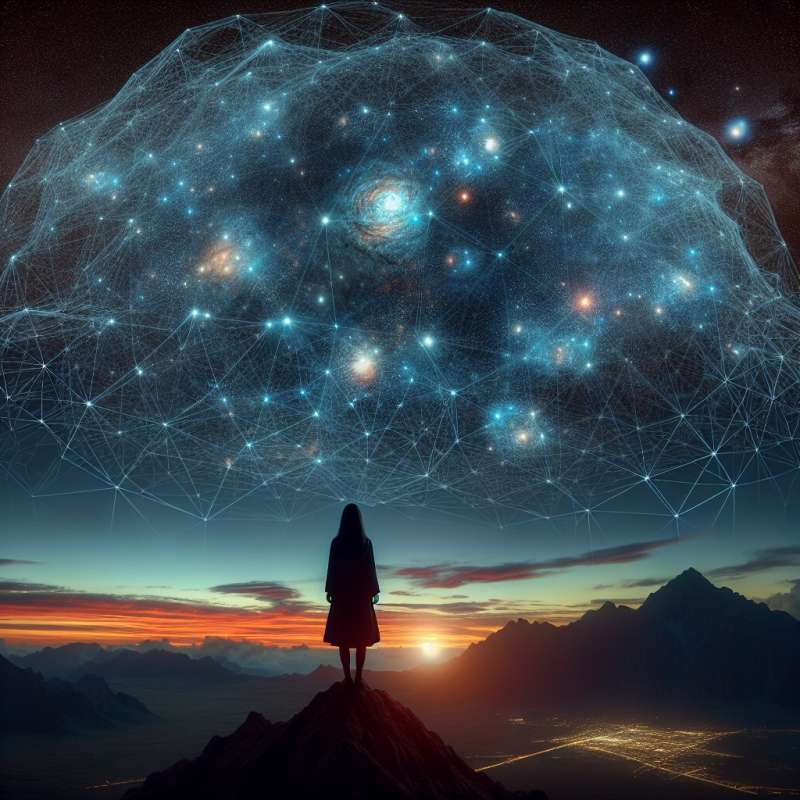
The Cosmic Speed Limit
Nothing in the universe travels faster than light, which moves at 299,792 kilometers per second. This 'speed limit' affects how we observe distant galaxies and essentially time travels as we look into the past.
Space Isn't Completely Empty
Outer space is a near-perfect vacuum but not completely empty. It contains a low density of particles, predominantly a plasma of hydrogen and helium, as well as electromagnetic radiation, magnetic fields, and neutrinos.
Vast Cosmic Web Structure
The cosmos is threaded with a cosmic web of gas and dark matter, invisible to telescopes. Dark matter's gravity pulls regular matter, forming a web-like structure of filaments that connect galaxies across the universe.
Planets Orbiting Backwards
Some exoplanets orbit their stars in the opposite direction to the star's rotation. These 'retrograde' orbits challenge our understanding of planetary system formation and are thought to result from gravitational interactions.
The Boiling Ocean Moon
Jupiter's moon Io is the most volcanically active body in the solar system, with its surface dotted with hundreds of volcanoes, some erupting lava fountains up to 400 km high due to intense tidal heating.
The Diamond Planet
55 Cancri e is an exoplanet twice the size of Earth with a surface potentially covered in graphite and diamonds. It's a carbon-rich planet that orbits its star every 18 hours, 40 light-years away.
Galactic Cannibalism
Galaxies grow by consuming smaller ones, a process known as galactic cannibalism. Our own Milky Way has 'eaten' several smaller galaxies and is predicted to collide with Andromeda in about 4 billion years.
What is the universe's speed limit?
299,792 km/s, the speed of light
Speed of sound in vacuum
Unlimited, no cosmic speed
Company